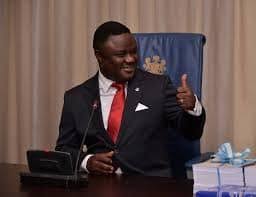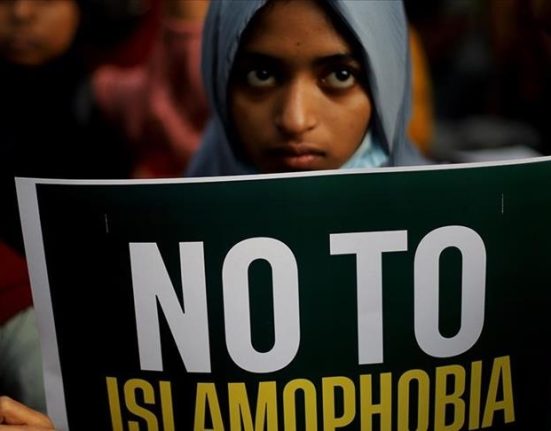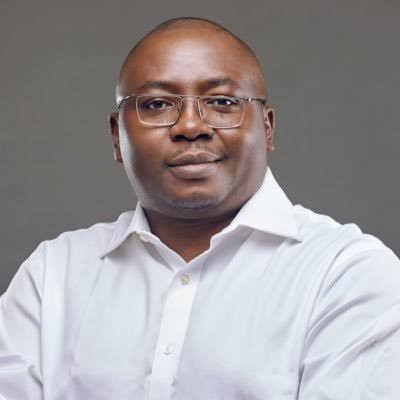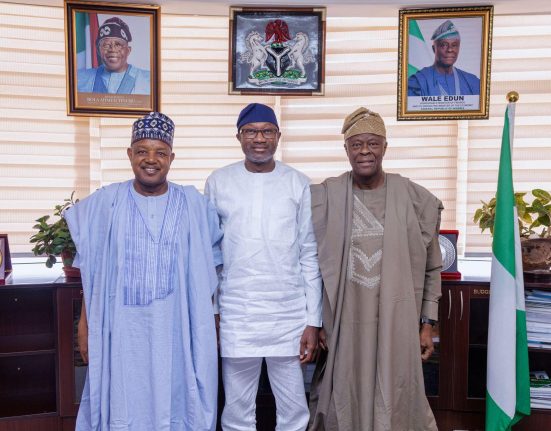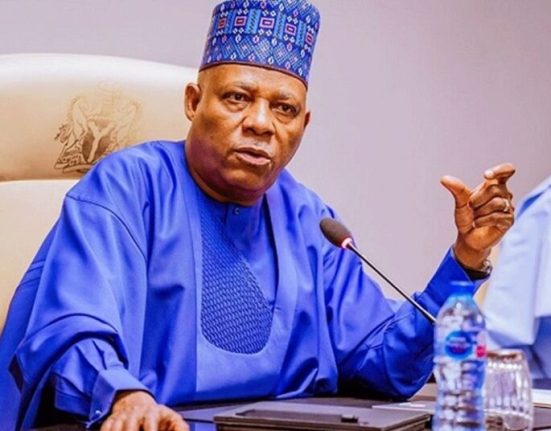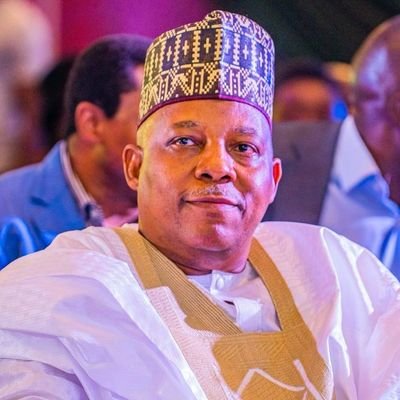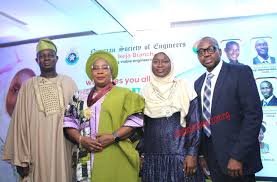The Federal Government of Nigeria is currently vetting a list of nominees for diplomatic positions in its extensive network of missions abroad. Among those being screened are prominent figures such as Femi Fani-Kayode, a former Minister of Aviation under the Obasanjo administration, and Femi Pedro, a former Deputy Governor of Lagos State. This process is part of President Bola Tinubu’s efforts to fill vacant diplomatic roles in Nigeria’s 109 missions, which include 76 embassies, 22 high commissions, and 11 global consulates.
The vetting process involves security checks conducted by the Department of State Services (DSS), with nominees required to provide detailed personal histories, including educational backgrounds and past appointments. These checks are not centralized but are instead conducted at DSS offices nearest to the nominees’ locations. The aim is to ensure that selected ambassadors do not pose any security risks and will represent Nigeria effectively on the global stage.
The appointment of ambassadors has been delayed due to financial constraints, including a significant backlog of expenses for foreign service officials and the need to renovate embassy facilities. The Minister of Foreign Affairs, Yusuf Tuggar, has emphasized that appointing ambassadors without adequate funding would be counterproductive, as it would hinder their ability to effectively manage missions abroad.
Femi Fani-Kayode, known for his outspoken views on political and international issues, has been a controversial figure in Nigerian politics. His inclusion on the list of nominees has sparked interest, given his past roles in government and his current engagement in public discourse. Other notable figures, such as Fola Adeola, the founder of Guaranty Trust Bank Plc, are also being considered for these diplomatic positions.
The final list of nominees is expected to be released soon, following the completion of the vetting process. Once cleared, the names will be transmitted to the National Assembly for approval. This development marks a significant step in President Tinubu’s foreign policy strategy, which has been operating without ambassadors since September 2023.

